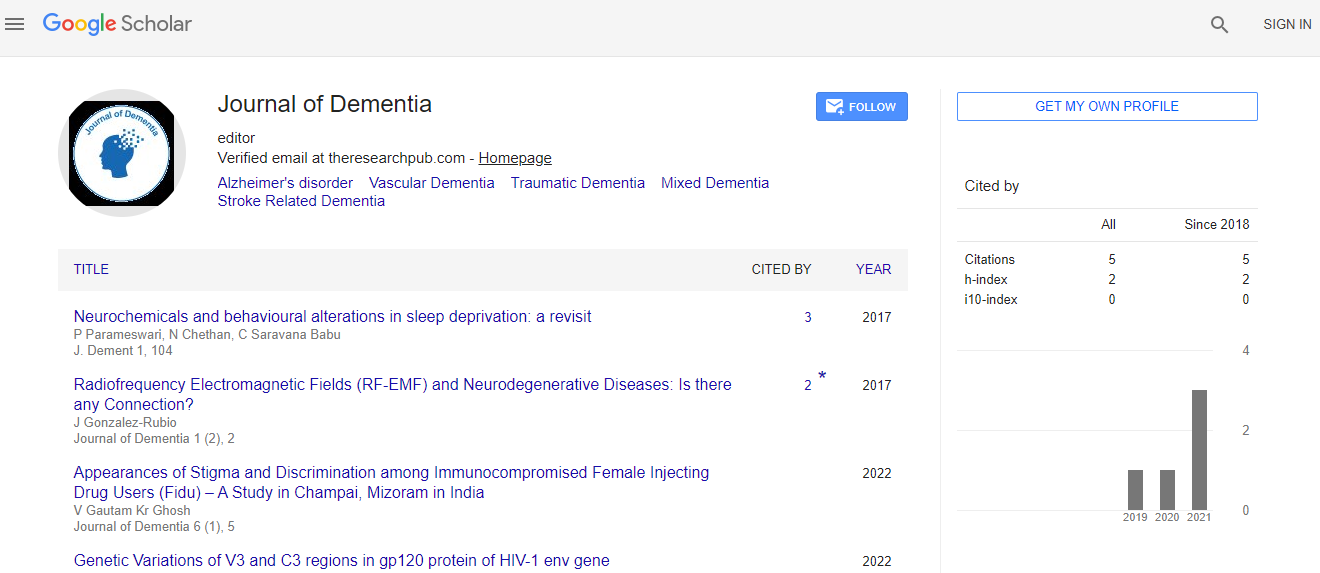Autonomy in decisions at the end of life
*Corresponding Author:
Copyright: © 2020 . This is an open-access article distributed under the terms of the Creative Commons Attribution License, which permits unrestricted use, distribution, and reproduction in any medium, provided the original author and source are credited.
Abstract
Accompanying people with neurodegenerative diseases in the final stage of their lives implies many ethical and emotional challenges from our position as therapists, especially when making decisions, complex as the way of feeding and the possibility of feeding by alternative means, the pleasure of feeling the flavors, the possibility of deciding autonomously is limited by current medical plans and technological imperatives. The information presented is part of a qualitative study using logbooks of my work experience with three people with neurodegenerative diseases, carrying out an analysis of the content of said information, organizing the results by categories, these are related to the autonomy of users to make decisions, family fears in life-threatening situations, permanent duels due to loss of functionality, caregiver overload, among others. As a discussion I can state that in my role as a speech therapist I share the day-to-day with families, and the critical moments of making decisions regarding the quality of life and death of patients, user education and their family together with respect for the autonomy of people become our main tools to work with users and families in these situations, all processes must be accompanied since many times the fear of death prevails and does not do enough to take care of a loved one, not It is enough to address the physical suffering in therapy, but also the dignity and prior decisions of the people, along with periodic educational instances where both the family and the patients understand the benefits and harms of the different approaches.

 Spanish
Spanish  Chinese
Chinese  Russian
Russian  German
German  French
French  Japanese
Japanese  Portuguese
Portuguese  Hindi
Hindi 